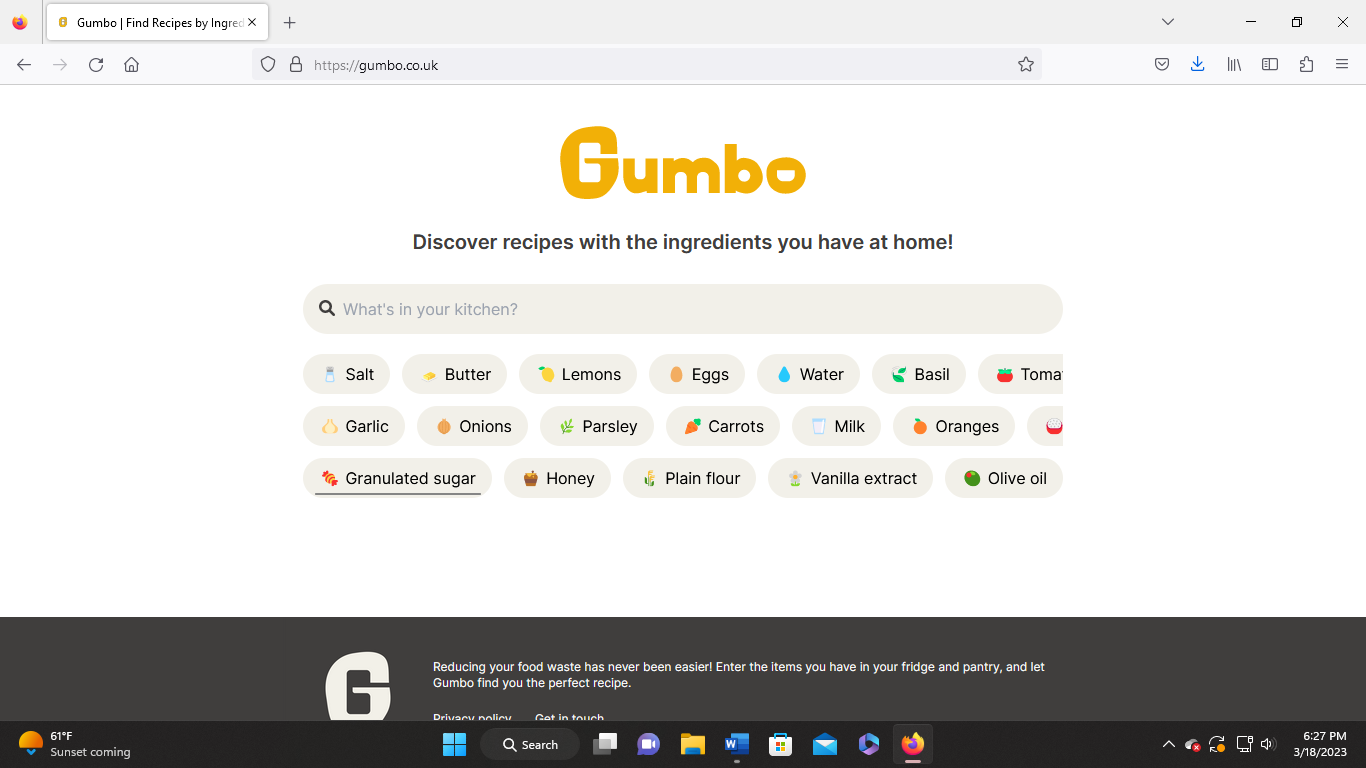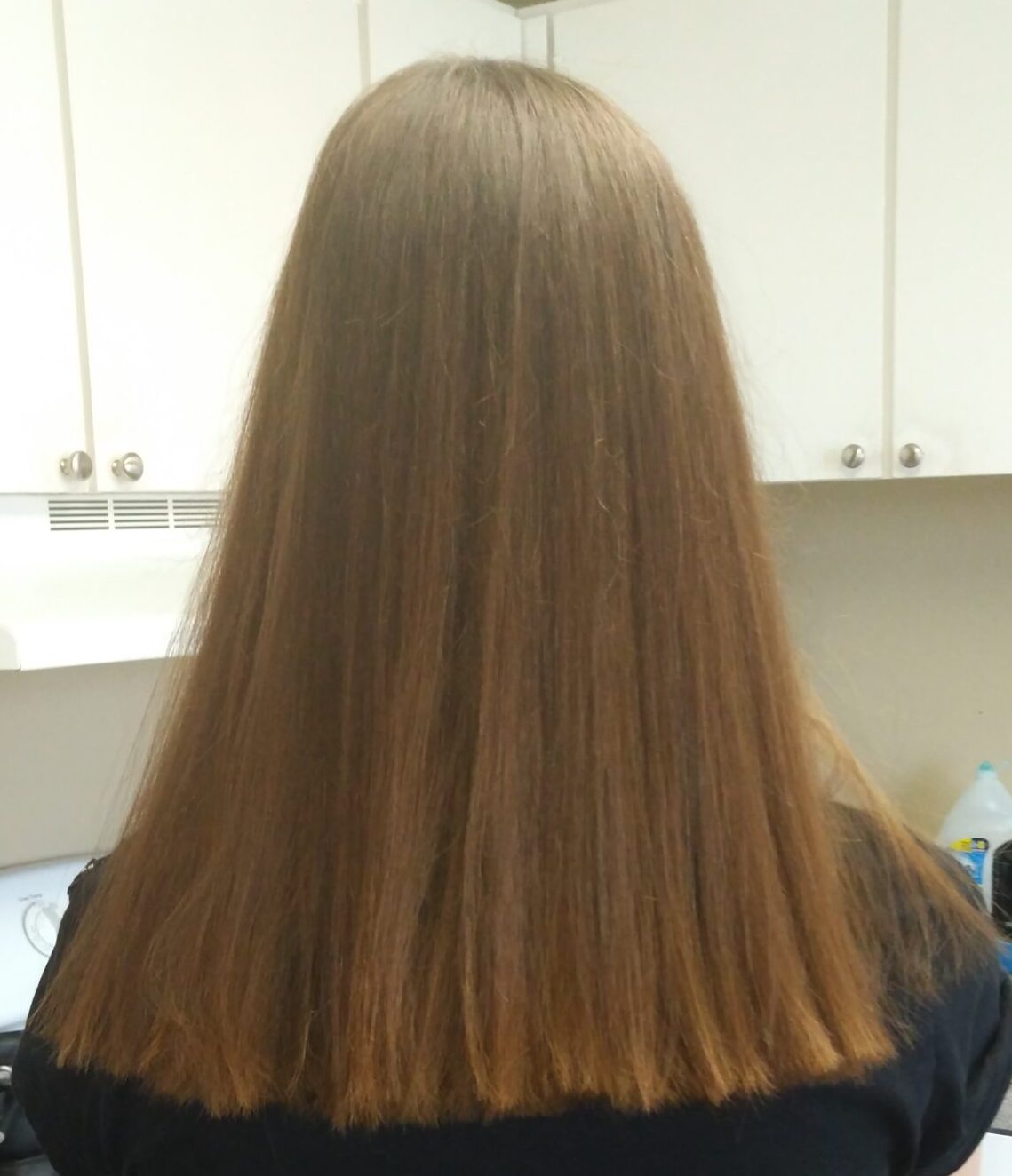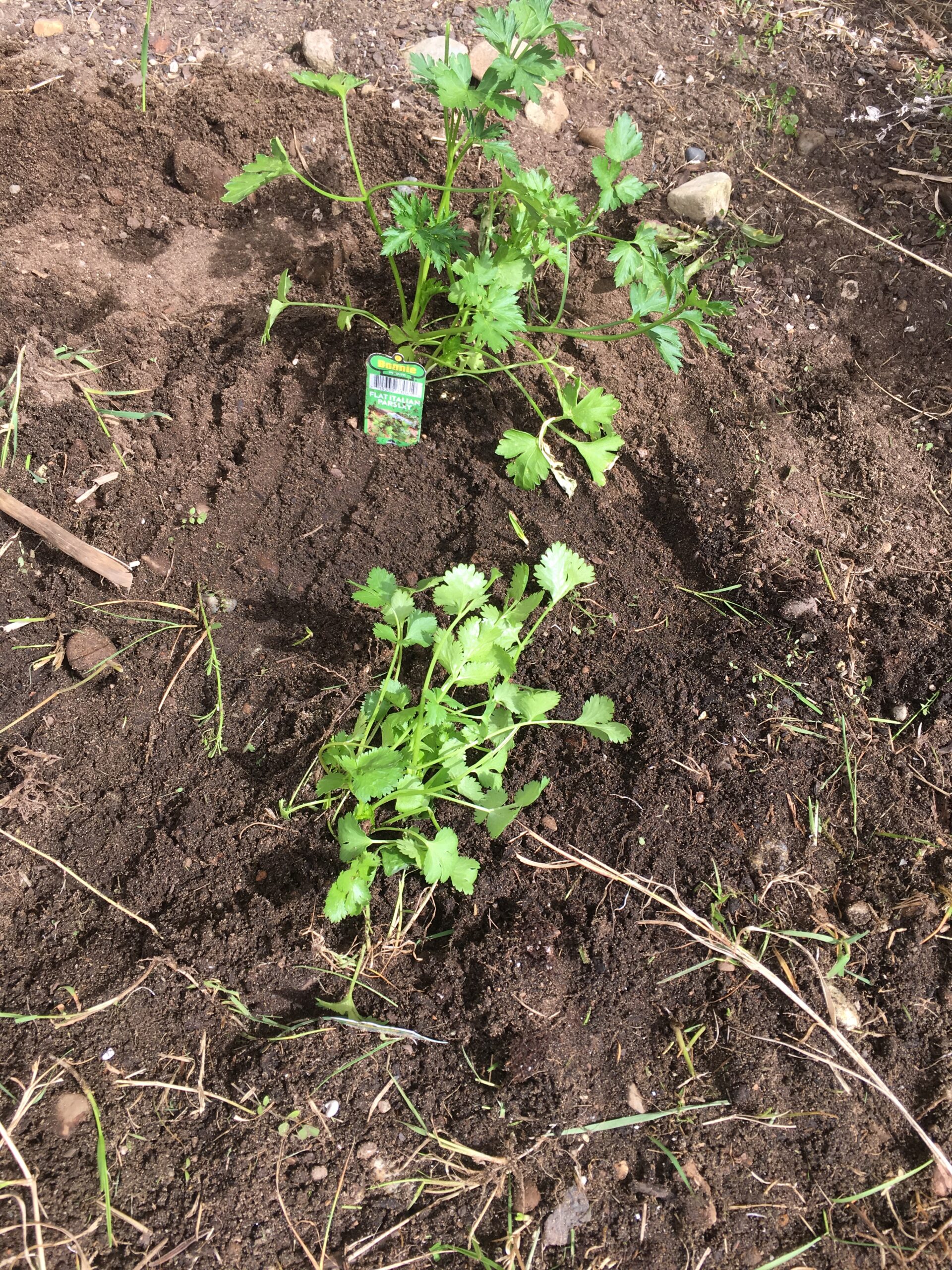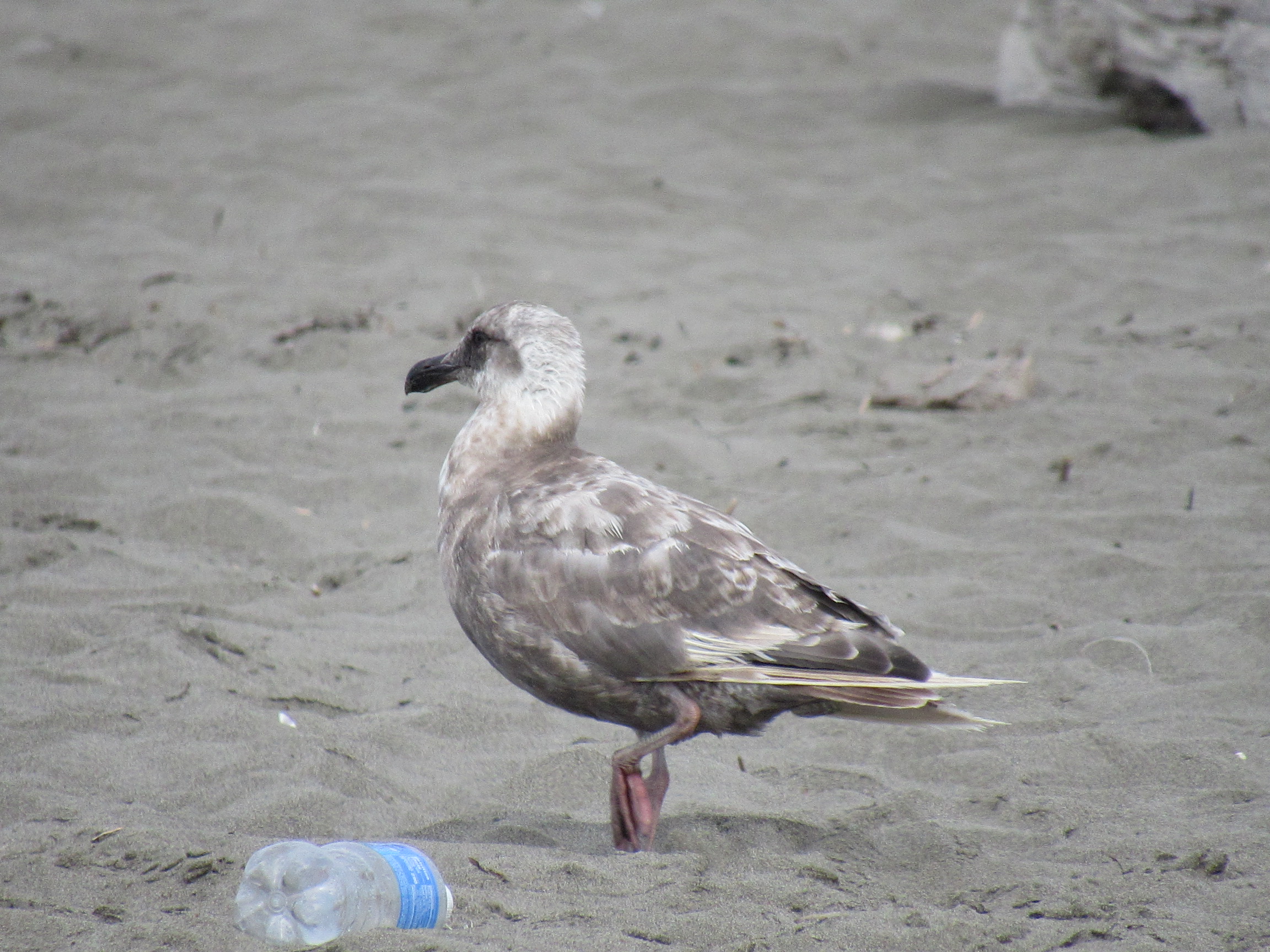Review of “Just Eat It” – A Food Waste Documentary
Right now, 40% of all food grown around the Earth is wasted. That is the startling revelation posed by this 2015 documentary. This 40% isn’t just scrapings off your plate or the sad cucumber you left rotting at the bottom of a crisper drawer. The problem is systemic.
Just Eat It is a revealing documentary that shows just how much waste happens from farm to table. Filmmakers Jen Rustemeyer and Grant Baldwin not only showcase this, but also take action in a small way to help fight food waste. They eat nothing but food waste for 6 months.
Some of the finds they made were shocking. The food they ate wasn’t scraps off of dinner plates, but neatly packaged, brand new, unexpired foods. One of the most disturbing shots they took is below, showing an entire dumpster full of hummus–unexpired, and not recalled.

This is a huge amount of waste, and although the filmmakers were able to consume some of this hummus, much of it went to landfill unused. If you’re concerned about plastic waste as much as you are aobut food waste, that means these plastic packages will sit for a millenia for no reason at all.
By the end of the documentary, you’ll discover that these huge piles of unused waste are not unique. It’s in every dumpster behind every supermarket and food related warehouse in the world.
That’s if the food even makes it to processing. Yet more food is wasted by the field because it’s not profitable to harvest it, because it is “ugly”, or because it won’t fit in a bag.

Imagine if you went shopping and you let half your groceries in the parking lot. That is roughly what we’re doing throughout the food system today.
This is a great documentary that talks about food waste, and illustrates the problems in the system. As environmentalists, this is really something we should think about.
Food waste is “low hanging fruit” that could radically reduce the amount of greenhouse gases being emitted without having to change much at all. If we can make the system more efficient, we could reduce wasted water and fossil fuels, because we no longer have to grow 40% more food to guarantee enough for all.
It’s a lot to think about, and definitely worth watching.











